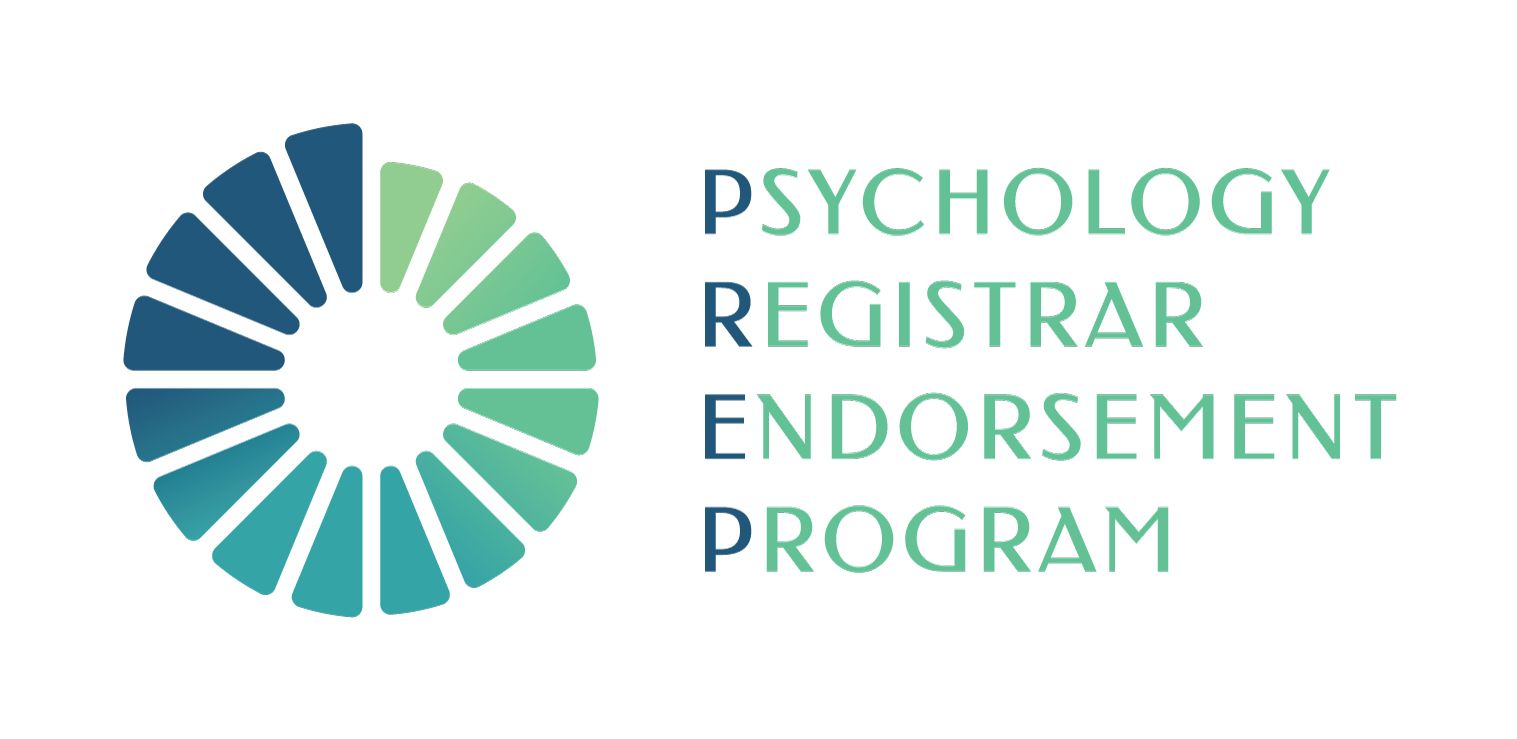At least that is what I texted my friend who was the head of a psychology department about ten years ago.
What prompted this urgent missive ? I had been inspired by Malcolm Gladwell’s book “Outliers” which examines the causes of extraordinary performance. Not trusting Gladwell to tell the whole story, I had gone on a deep dive to learn more about deliberate practice in other fields. I had become convinced that if deliberate practice worked for music, sport, art, surgery, stock broking, chess, and piloting a submarine, then surely we weren’t foolish to ignore it in the narrow world of psychology.
What prompted this urgent missive ? I had been inspired by Malcolm Gladwell’s book “Outliers” which examines the causes of extraordinary performance. Not trusting Gladwell to tell the whole story, I had gone on a deep dive to learn more about deliberate practice in other fields. I had become convinced that if deliberate practice worked for music, sport, art, surgery, stock broking, chess, and piloting a submarine, then surely we weren’t foolish to ignore it in the narrow world of psychology.
The model of training in psychology we use currently is a hangover from Freud. Freudian dogma gave us the master / apprentice model of training psychologists, where an analysand would work with a trained analyst to digest the great tomes of psychological theory and then conduct their own therapy.
Modern training methods remain heavily reliant upon course work, learning of models and theory, and deference to the expert supervisor for all other learning. This model of supervision and learning has failed to demonstrate that it contributes to the ability of psychologists to achieve outcomes with their clients. This has occurred over a hundred years, with generation after generation of psychologists training this way and with no evidence that it has made any of us any better.
But what if it was different?

What if supervisors were less like oracles that psychologists consulted with regularly in the hope of imparted wisdom. What if we were more like coaches in the world of sport, carefully scrutinising the results and the form of those we supervise and setting them practical activities designed to improve their performance. In short, what if we trained psychologists the same way we train every other professional discipline in human history?
Based on this research, I worked closely with Professor Analise O’Donovan and completely re-wrote the Supervisor Training & Approval Program (STAP). It moved away from theory, and became both implicitly and explicitly designed around deliberate practice.
Our Psychology Registrar Endorsement Program (PREP) for psychology registrars that we developed at Benchmark Psychology in 2018 has the same pedigree. Less emphasis on theory, and more focus on results and practical activities to improve results.
My incredible wife Dr Rebecca Frost was the first to see what we were doing and realise that she had wished her training was more in line with these principles. She imagined a “finishing school for psychologists”, and in many ways that is what PREP has become.
Many of our registrars are surprised by how lightly the program covers CBT, ACT, Schema Therapy, EMDR and all the rest, but how much more heavily we focus on client retention, developing collaborative goals, monitoring outcomes, asking for and receiving feedback, instilling hope, and ethics in the real world. But we have been convinced that this approach leads to the most skilled clinicians, and the best results for clients.
If you wish to improve as a psychologist, you need to engage in a deliberate practice routine.
Over the past twelve months, I have come across paper after paper that supports the decision we made all that while ago. The research is becoming richer every year, and the message is clearer: if you wish to improve as a psychologist, you need to engage in a deliberate practice routine.
I am so proud of the work that the Benchmark team has done in terms of their embrace of collecting routine outcome measurement with every client and every session, and participating in deliberate practice for over 10 years now. But I am also proud that STAP and PREP have been forerunners in pioneering a new way of training psychologists in the more recent years, both at the experienced supervisory level and at the early-career registrar level.
The shift from legacy training to a deliberate practice approach at all levels of training will signify a crucial turning point in the field of psychology. Are we ready to redefine the future of psychology by embracing the research and advice on deliberate practice methods (and basically what just makes sense), or will we continue to cling to outdated traditions at the expense of progress and better outcomes for those we aim to help?
If you want to read the latest research in the space, check out the following papers that I keep on my pinboard to keep me focussed:
If you want to read the latest research in the space, check out the following papers that I keep on my pinboard to keep me focussed:


